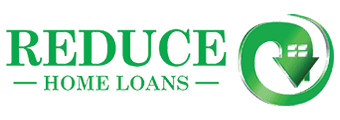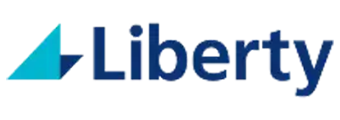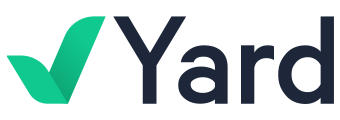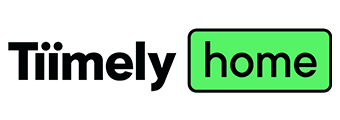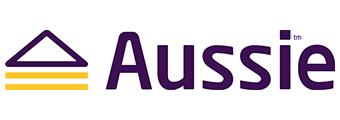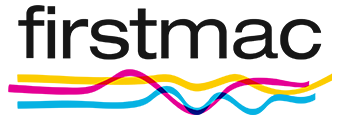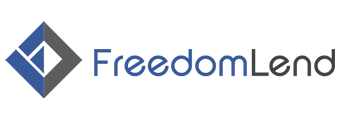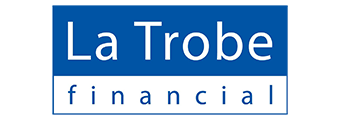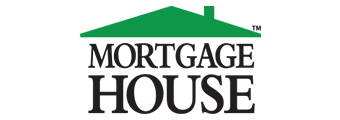| Lender | Home Loan | Interest Rate | Comparison Rate* | Monthly Repayment | Repayment type | Rate Type | Offset | Redraw | Ongoing Fees | Upfront Fees | Max LVR | Lump Sum Repayment | Extra Repayments | Split Loan Option | Tags | Features | Link | Compare | Promoted Product | Disclosure |
|---|---|---|---|---|---|---|---|---|---|---|---|---|---|---|---|---|---|---|---|---|
5.29% p.a. | 5.33% p.a. | $2,773 | Principal & Interest | Variable | $0 | $530 | 90% |
| Promoted | Disclosure | ||||||||||
5.19% p.a. | 5.10% p.a. | $2,742 | Principal & Interest | Variable | $0 | $0 | 80% |
| Disclosure | |||||||||||
5.24% p.a. | 5.29% p.a. | $2,758 | Principal & Interest | Variable | $0 | $1,100 | 80% | Disclosure | ||||||||||||
5.49% p.a. | 5.49% p.a. | $2,836 | Principal & Interest | Variable | $0 | $0 | 50% | |||||||||||||
5.64% p.a. | 5.64% p.a. | $2,883 | Principal & Interest | Variable | $0 | $0 | 60% | |||||||||||||
6.09% p.a. | 6.37% p.a. | $3,027 | Principal & Interest | Variable | $295 | $0 | 95% | |||||||||||||
5.64% p.a. | 5.77% p.a. | $2,883 | Principal & Interest | Variable | $0 | $445 | 60% | |||||||||||||
5.59% p.a. | 5.76% p.a. | $2,867 | Principal & Interest | Variable | $0 | $0 | 90% | |||||||||||||
6.49% p.a. | 6.67% p.a. | $3,157 | Principal & Interest | Variable | $15 | $1,325 | 70% | |||||||||||||
5.34% p.a. | 5.49% p.a. | $2,789 | Principal & Interest | Fixed | $0 | $530 | 90% |
| Promoted | Disclosure |
Looking for a competitive home loan? You might find your perfect fit with a non-bank lender!
Non-bank home loan providers have added a new level of competition to the Australian mortgage landscape, offering borrowers more options to help realise their homeownership dreams.
If you're preparing for your first home purchase, you're considering refinancing, or you're planning to get an investment property, here's what you should know about Australian non-bank lenders.
What is a non-bank lender?
As the name suggests, a non-bank lender can provide home loans, car loans, and other financial products, but can't take consumer deposits.
Non-bank lenders, therefore, won't be able to provide savings accounts, term deposits, or even traditional offset accounts (although some non-bank lenders offer products that operate similarly to offset accounts).
So, if traditional banks finance much of their loan book through consumer deposits, how do non-bank lenders fund their mortgages? To provide loans, non-bank lenders typically raise funds by issuing bonds to investors and institutions.
One common misconception borrowers have about non-banks is that they're not as safe as a bank, but that's not the case. Banks don't offer any extra protection to borrowers than non-banks.
Further, while non-bank lenders don't have authorised deposit-taking institution licences (ADIs), they must have an Australian Credit Licence (ACL) to operate. That means they have to comply with National Consumer Credit Protection Laws, Australian Consumer Law, and regulations set by the Australian Securities and Investments Commission (ASIC).
What do non-bank lenders offer homeowners?
Non-bank lenders have increased in popularity in recent years, perhaps spurred by homebuyers seeking more competitive home loans.
Certain non-bank lenders offer some of the lowest-rate home loans on the market, though that's not necessarily a feature of all non-banks.
Non-banks have also been known to offer fast approval times, exceptional customer service, and innovative loan products. Again, however, such factors will vary from lender to lender.
As non-bank lenders don't have to abide all of the regulations that banks do, they can sometimes be more flexible when considering a potential borrower.
They can also offer a specific mortgage products for those who find themselves in specific situations, such as low-doc home loans for self-employed borrowers or construction home loans for owner-builders.
Other non-banks might even provide line of credit home loans, guarantor loans, and bridging loans.
Advantages of getting a home loan from a non-bank lender
Transacting with a non-bank lender has its slew of benefits. Here are some advantages of getting a home loan from a non-bank lender:
- These lenders often offer more competitive interest rates than traditional banks
- Many non-bank lenders have lower ongoing fees
- Non-bank lenders usually have faster approval and turnaround times compared to traditional banks
- They are widely considered to be a safe and genuine competitor to traditional banks
- Online non-bank lenders can offer futuristic features and fewer overheads, passing the savings onto borrowers
- Some non-bank lenders are more willing to lend to higher risk borrowers such as those who are self-employed or who have a fluctuating credit history
Disadvantages of using a non-bank lender
While non-bank lenders are a great alternative to traditional banks, there are some setbacks.
- There are numerous smaller non-bank lenders out there, and some might not offer a full suite of products
- Many non-banks have a limited physical presence, and some don't even have branches
- Since non-banks can't take consumer deposits, they can't offer traditional offset accounts
Frequently asked questions about non-bank lenders
Non-bank lenders are gaining traction among borrowers who might want an alternative to a traditional bank. But before you start exploring, here are the answers to some common questions you might have about non-bank lenders.
Not at all. Non-bank lenders offer home loans to people from walks of life who want alternative mortgage options.
Non-banks usually have a different set of criteria for potential applicants, which allow those who might have been turned down by a traditional bank to qualify for a home loan.
However, that’s not the case with all non-banks. Indeed, some are particularly strict about who they will and won’t lend to.
While not always the case, non-banks often offer more competitive rates than traditional banks.
This might be because they’re able to reduce their costs, thereby they can pass on their savings to borrowers in the form of lower interest rates.
It might also be that they’re typically more streamlined operations and can therefore provide lower-cost home loans. An entity that offers only loans may be more nimble than another offering a whole suite of finance products.
Yes! Non-bank lenders have to comply with many of the rules and regulations that traditional banks do.
Some non-bank lenders are even backed by Australian financial institutions. In the event that a non-bank lender closes, another lender will generally take over its client base. This means, if a non-bank lender goes bust, you will still likely have to service your mortgage debt.
Non-bank lenders often depend on wholesale funds, either from Australian banks or international institutions. They can also raise funds by issuing bonds to institutions and investors.

Get help finding
the right home loan
Not sure which type of loan is best for your needs?
Your Mortgage can help you find out.


